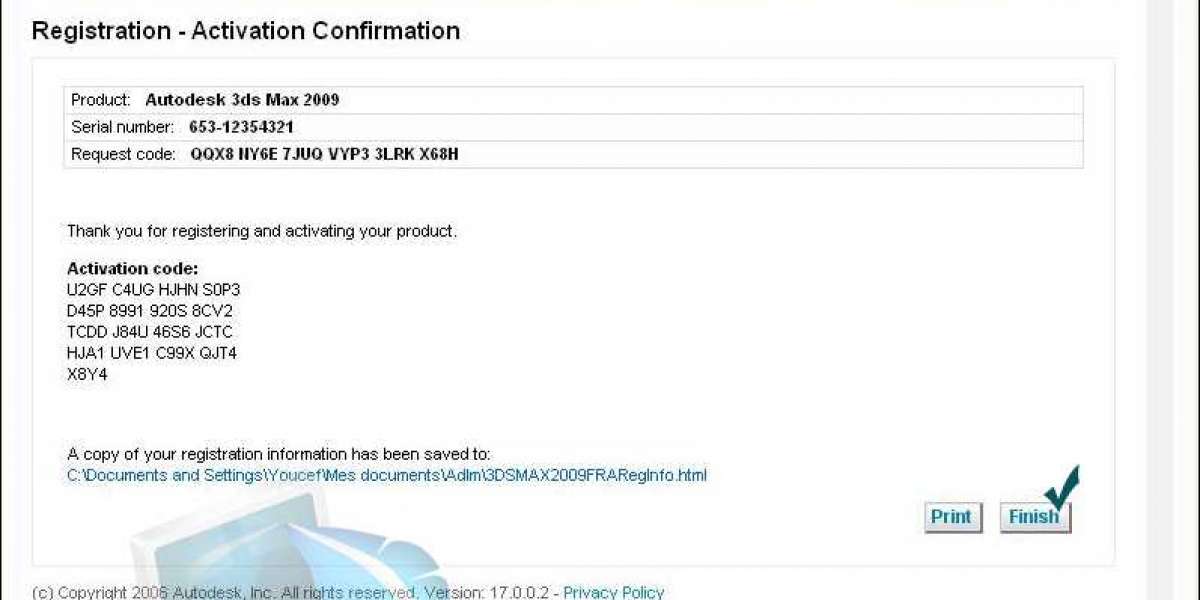The critical shortage of organs for transplantation has sparked debates on the ethical implications of buying and selling human organs. This article delves into the complexities surrounding organ transactions, examining the ethical considerations, potential consequences, and alternative approaches to address the pressing global demand for life-saving transplants.
- The Organ Shortage Crisis:
With a growing gap between the demand for organs and the available supply, patients face prolonged waiting times, and many succumb to the lack of suitable donor organs. The dire shortage has prompted discussions about potential solutions, including the controversial concept of organ selling.
- Ethical Dilemmas:
The idea of commodifying human organs raises profound ethical questions. Critics argue that turning organs into commodities may exploit vulnerable individuals, commoditize the human body, and create a system where only the affluent can access life-saving organs.
- Exploitation and Vulnerability:
A primary ethical concern associated with organ selling is the potential exploitation of vulnerable individuals who may be coerced by financial desperation to sell their organs. Critics argue that such practices could disproportionately affect marginalized communities and exacerbate socioeconomic inequalities.
- Informed Consent and Autonomy:
Ensuring genuine informed consent and autonomy from organ sellers is a crucial ethical consideration. The power dynamics involved, especially in situations of economic disparity, pose challenges to achieving true voluntary and informed consent.
- Black Market Organ Trade:
The illegal organ trade, driven by desperation and lack of legal alternatives, presents a darker side to organ transactions. Black market activities can lead to exploitation, organ trafficking, and a host of ethical and legal issues.
- Alternatives to Organ Selling:
While addressing the organ shortage is imperative, alternative solutions that align with ethical principles are essential. Initiatives such as increased organ donations, improved allocation systems, and public awareness campaigns aim to create a more ethical and sustainable approach.
- Legal Frameworks and Regulation:
Establishing clear legal frameworks and robust regulations is crucial to mitigating the ethical concerns associated with organ transactions. Proper oversight ensures transparency, safeguards against exploitation, and protects the rights of both organ donors and recipients.
- Global Collaboration:
Given the global nature of organ trafficking and transplantation, international collaboration is vital. Coordinated efforts among nations can help establish ethical standards, share best practices, and combat illegal organ trade across borders.
Conclusion:
The ethical dilemmas surrounding human organ selling are complex and multifaceted. While the dire shortage necessitates innovative solutions, it is imperative to explore alternatives that prioritize human dignity, equity, and justice. By fostering global collaboration, raising awareness, and developing ethical frameworks, society can strive towards addressing the organ shortage crisis in a manner that upholds the sanctity of life and ensures fair and ethical access to life-saving transplants.







